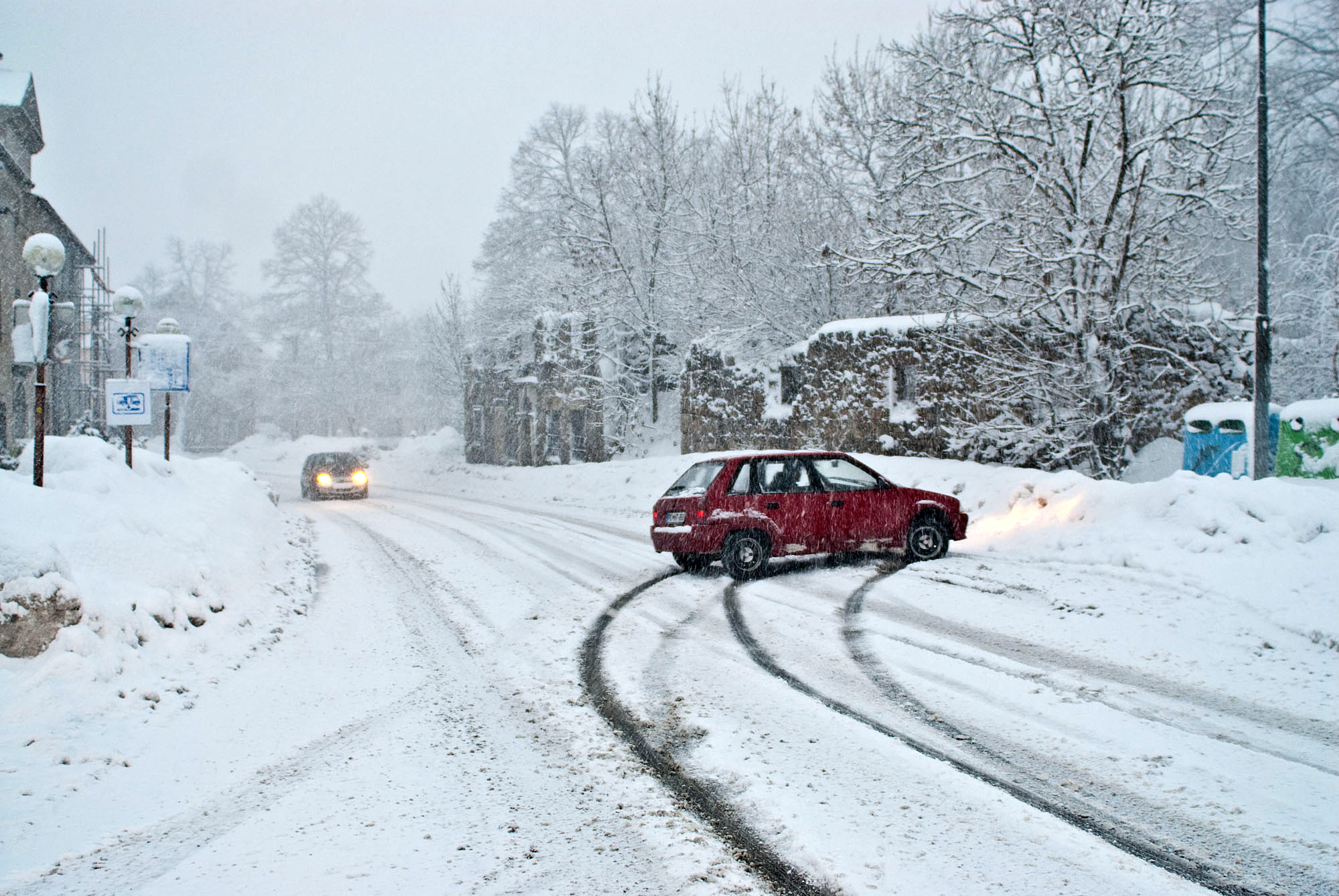This year Drowsy Driving Prevention Week (DDPW) is November 7-15, an educational awareness event held annually the week after Daylight Savings begins. The National Sleep Foundation (NSF) reports that driving while sleep deprived is responsible for 6,400 deaths each year. While most people are aware that drinking and driving is dangerous, driving without proper sleep can be just as dangerous. Adults who drive with minor sleep deprivation are twice as likely to crash as compared to a driver who gets the recommended seven to eight hours of sleep per day.
Driving while drowsy and driving under the influence have similar effects: slowed reaction time, decreased awareness of surroundings, and impaired decision making. Less than six hours of sleep triples your risk of falling asleep while driving. Statistics from the Centers for Disease Control and Prevention (CDC) indicate that being awake for at least 24 hours is the equivalent of a 0.10% blood alcohol content, which is higher than the legal limit in all states. Drowsiness amplifies the effects of even low amounts of alcohol.
Watch out for the following signs that the CDC indicates as symptoms of driver fatigue:
- Difficulty focusing on the road, heavy eyelids, slow, or frequent blinking
- Unable to remember the last few miles driven
- Yawning or nodding off
- Drifting from your lane or hitting a shoulder rumble strip
If you experience these symptoms, ask another driver to take over, or get off the road to a safe place for some rest and/or caffeine as soon as possible. Driver fatigue is preventable. Getting enough sleep is important – adults should get 7-9 hours of sleep per night, while teens require 8-10 hours. On long trips, schedule stops either every 100 miles or two hours. Avoid alcohol and check over-the-counter and prescribed medications you take to see if they cause drowsiness.
When it comes to investigating vehicle crashes, CED engineers consider all aspects – including human factors like driver impairment. With the latest tools and technology, CED’s team of engineers analyzes every facet of an accident contributing to its causation. Contact us to review your next case or submit a case request online.
Click Here To See Our Full List of Experts Click Here To Submit an Inquiry about a possible Claim or Case.






